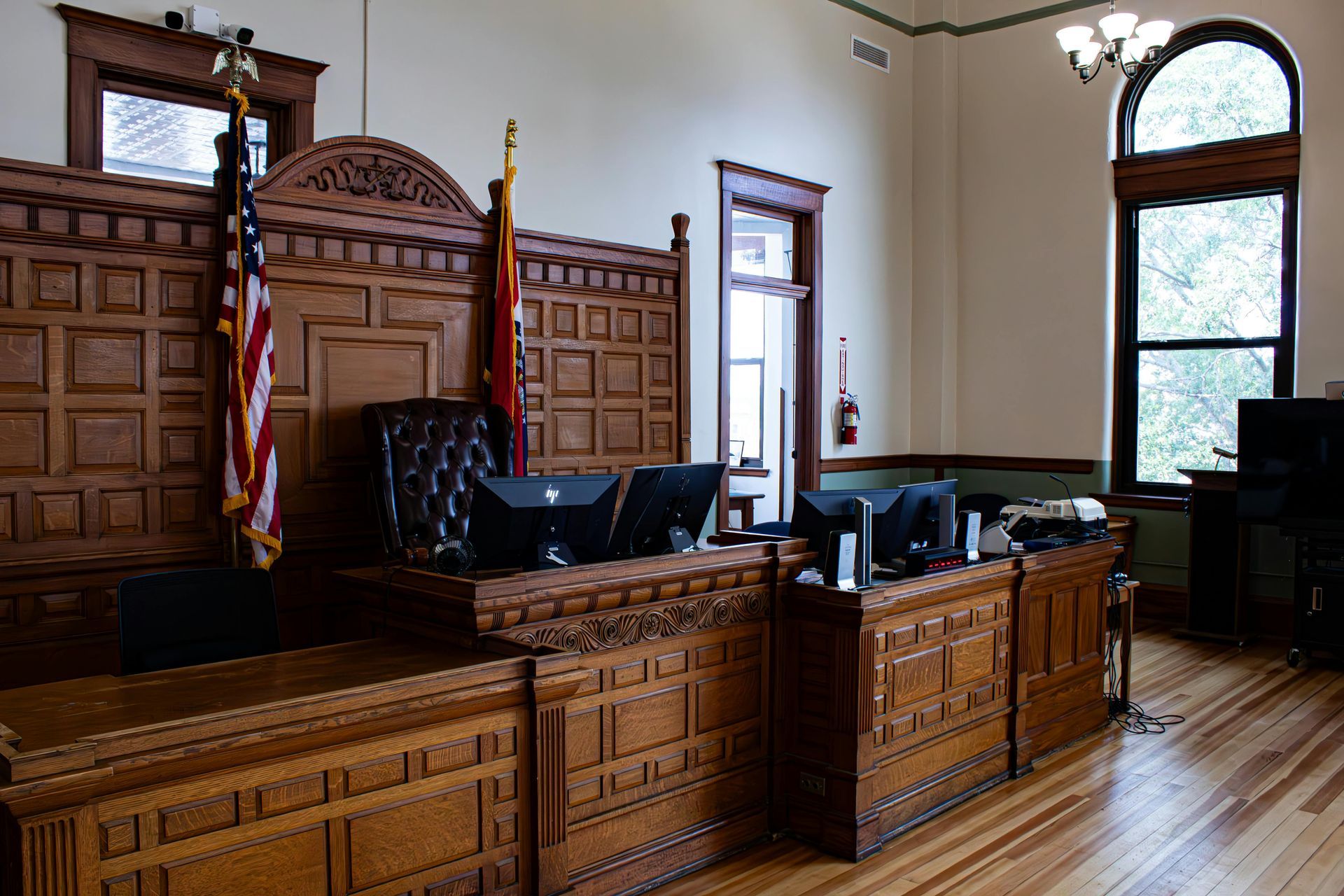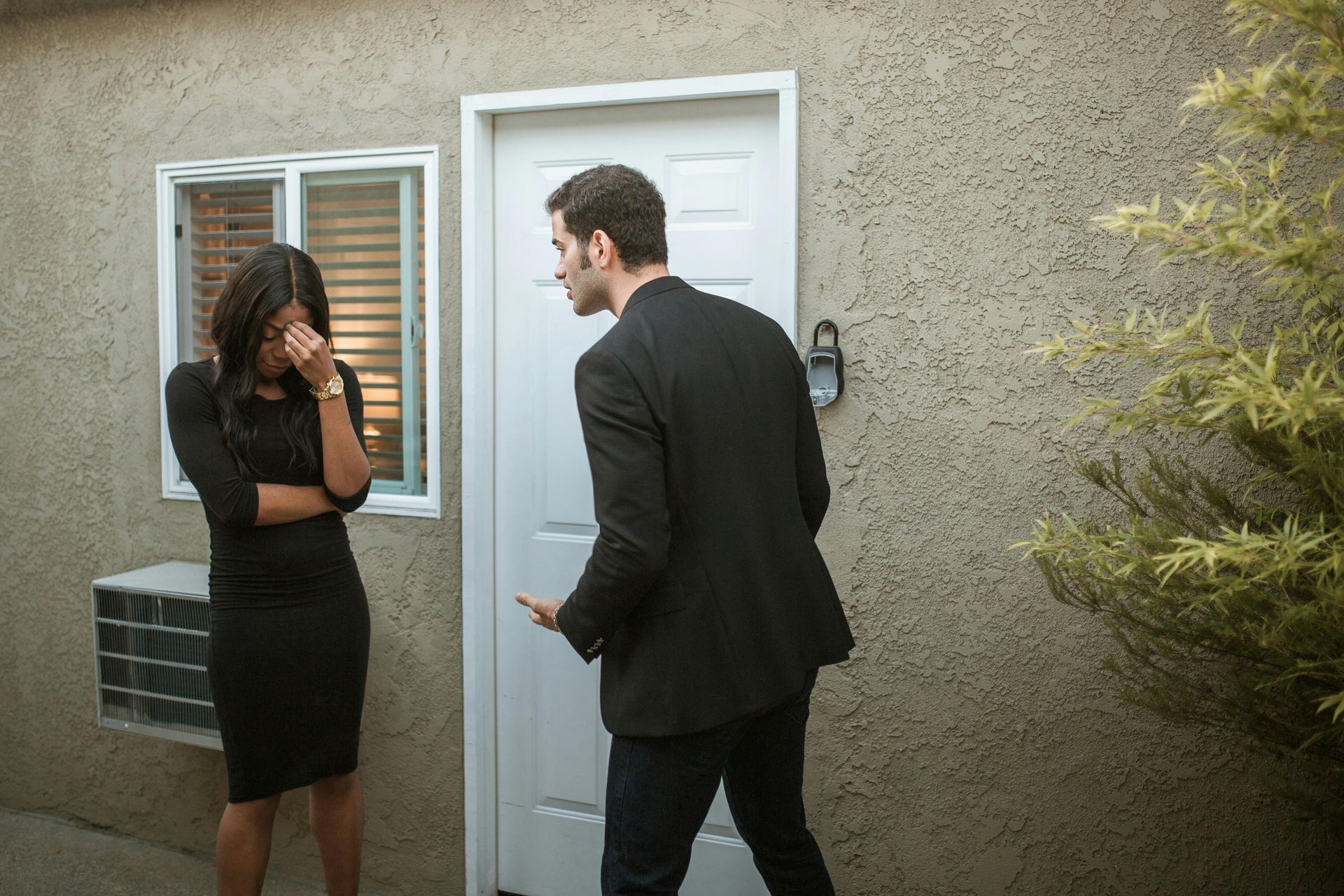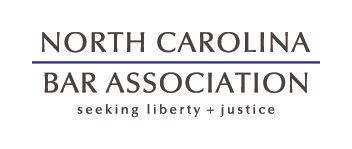Is There a Statute of Limitations for Filing for Contempt in North Carolina? | The Law Corner | Raleigh, NC
Precedent Case: State Board of Examiners of Plumbing Heating and Fire Sprinkler Contractors v. Hudson, N.C. App., S.E.2d (May 21, 2025).
The trial court properly denied defendant’s motion to dismiss at the close of the evidence because evidence was sufficient to allow a rational juror or trier of fact to conclude defendant violated the injunction issued by the State Board. The trial court retained jurisdiction to enter the final contempt order where defendant’s initial appeal to the court of appeals was inappropriate. Criminal contempt is not a felony or a misdemeanor, and it is not subject to the 2-year statute of limitations applicable to misdemeanors. There is no statute of limitations that applies to criminal contempt.
The plaintiff State Board entered an injunction prohibiting the defendant from engaging in the business of plumbing contracting. A show cause order for criminal contempt was issued based on the plaintiff's allegations that the defendant violated the injunction. A trial was held and the defendant made motions at the close of plaintiff’s evidence and again at the conclusion of the trial requesting that the charge be dismissed for lack of adequate evidence. The trial court denied both motions and concluded the defendant committed criminal contempt. At the conclusion of the hearing, the trial court filled out and signed a form document titled “Order for Indirect Criminal Contempt Proceeding.” The court checked several boxes on the form and sentenced the defendant to 30 days imprisonment and a $250 fine. Defendant filed a notice of appeal. Approximately one month later, the trial court entered an order which included findings of fact and conclusions of law and ordered the defendant to serve 30 days in jail and pay a $250 fine. The defendant filed an appeal of that order as well.
Defendant first argued that the trial court should have granted his motions to dismiss at the close of the plaintiff’s evidence and the close of all the evidence. The court of appeals reviewed the evidence in detail and held it was sufficient to show the defendant violated the injunction. Defendant then argued that the trial court had no jurisdiction to enter the final order of contempt because of his appeal filed after the trial court signed the form order. The court of appeals held that while an appeal generally divests the trial court of jurisdiction, an inappropriate interlocutory appeal does not. In this case, the form order was not actually an order because it was not filed with the clerk of court. Rule 58 provides that an order is not entered until it is reduced to writing, signed by the judge, and filed with the clerk of court.
The appeal did not divest the court of jurisdiction because the order had not been entered when the appeal was filed. Finally, the court of appeals rejected the defendant’s argument that criminal contempt was barred by the two-year statute of limitations that applies to misdemeanor. The appellate court held that contempt is not a “traditional crime,” and it is not a felony or a misdemeanor. Instead, it is “of its own kind or class” and there is no statute of limitation that applies.




